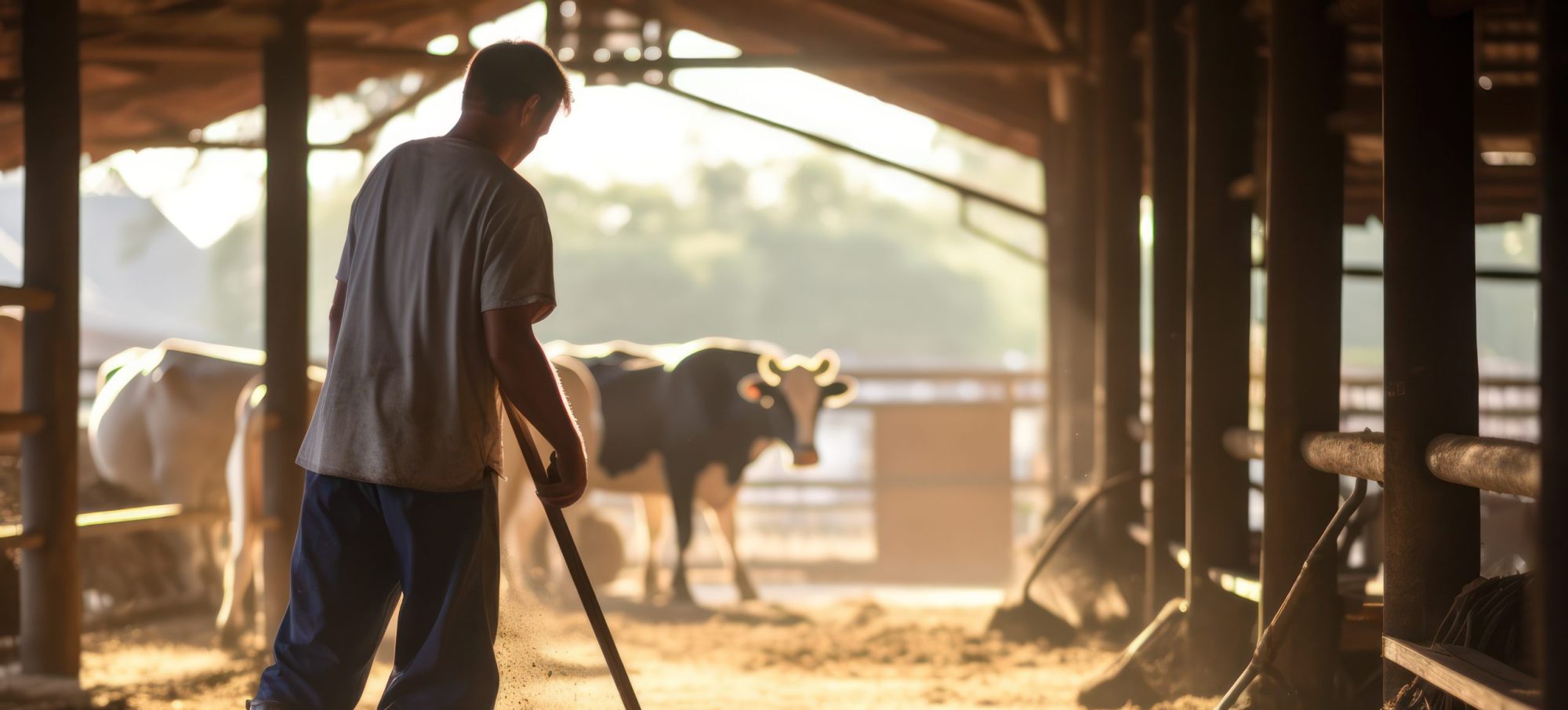(Source: Enbridge)
Use the following format to cite this article:
811 and pipeline safety for your farm. (2014) Farm and Ranch eXtension in Safety and Health (FReSH) Community of Practice. Retrieved from http://articles.extension.org/pages/72268/811-and-pipeline-safety-for-yo….
More than 20 million miles of underground utilities transport water, fuel, energy, electricity, and even fertilizer across the United States to end users. Government studies have shown that pipelines are the safest way to transport energy products, but anyone working around pipelines must take proper precautions to avoid harmful or even deadly consequences. If you strike a pipeline while excavating, you may be responsible for fines and repair costs. However, striking a pipeline can harm more than just your pocketbook. A product released from a pipeline could damage your property, and contact with the product could result in injuries or even death.
Calling 811
811 is a free, nationwide service designed to keep you safe from damaging pipelines and underground utilities when digging or excavating. Calling 811 is meant to be a simple process to help you avoid significant consequences. Also, many states now offer online “811” options; click here to find out whether an online option is available in your state.
Under What Circumstances Should You Call 811?
Call 811 before performing any task that disturbs the soil. Such tasks may include but are not limited to the following activities:
- deep tilling
- ditching
- soil ripping
- installing drain tile
- constructing fences, roads, driveways, ditches, berms, overhead or underground utilities, or other facilities
Even if you believe you may be exempt under state one-call laws, you should make the call. Like refraining from texting while driving, making a call may not always be required by law, but it’s always the safest option.
When Should You Call 811 and What Information Should You Provide?
Call 811 two or three business days before undertaking a soil-disturbing project. When you call, include the following important details:
- descriptions of the type of work you will be doing and the area you will be excavating
- the date and time that you will begin excavating
- the street address of your work site, the road on which the work site is located, and the nearest intersection
- driving directions to or GPS coordinates for the work site
Within two or three business days, professional locators will mark underground utilities. These personnel will mark pipelines with yellow flags or paint so that you can conduct your work around them, saving yourself from potential damage or injury.
Other Safety Precautions
Excavating safely goes beyond making the call to 811. Keep in mind that it’s never safe to assume the depth of pipelines. Pipeline depth can change due to erosion, previous digging projects, and other factors. Also, some pipelines may be located above the ground.
Remembering the following guidelines will ensure that you always dig with “CARE”:
- Call 811 before you dig.
- Allow required time for markings.
- Respect the markings.
- Excavate carefully.
Resources
Call 811 website (http://call811.com)
Enbridge Companies’ Call 811 web page (http://www.enbridge.com/call811)
811 in Your State (http://call811.com/)
National Pipeline Mapping System (https://www.npms.phmsa.dot.gov/)
Common Ground Alliance “Don’t Ignore” PSA Video (http://youtu.be/zspyp4Kp3gM)
Marathon Farmer Testimonial (Video) (http://youtu.be/oe-iknpYzF8)
Use the following format to cite this article:
811 and pipeline safety for your farm. (2014) Farm and Ranch eXtension in Safety and Health (FReSH) Community of Practice. Retrieved from http://articles.extension.org/pages/72268/811-and-pipeline-safety-for-yo….

